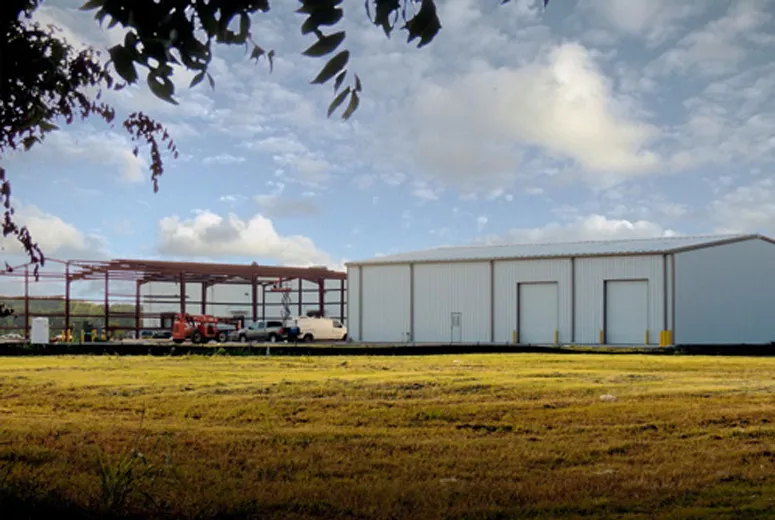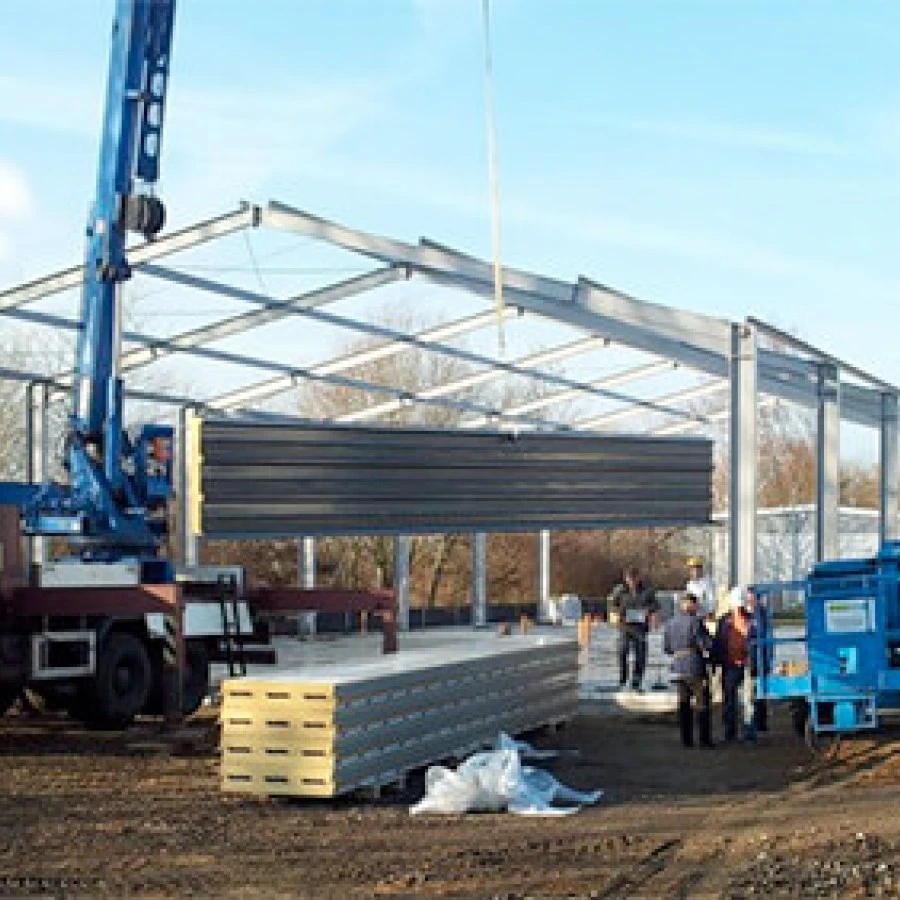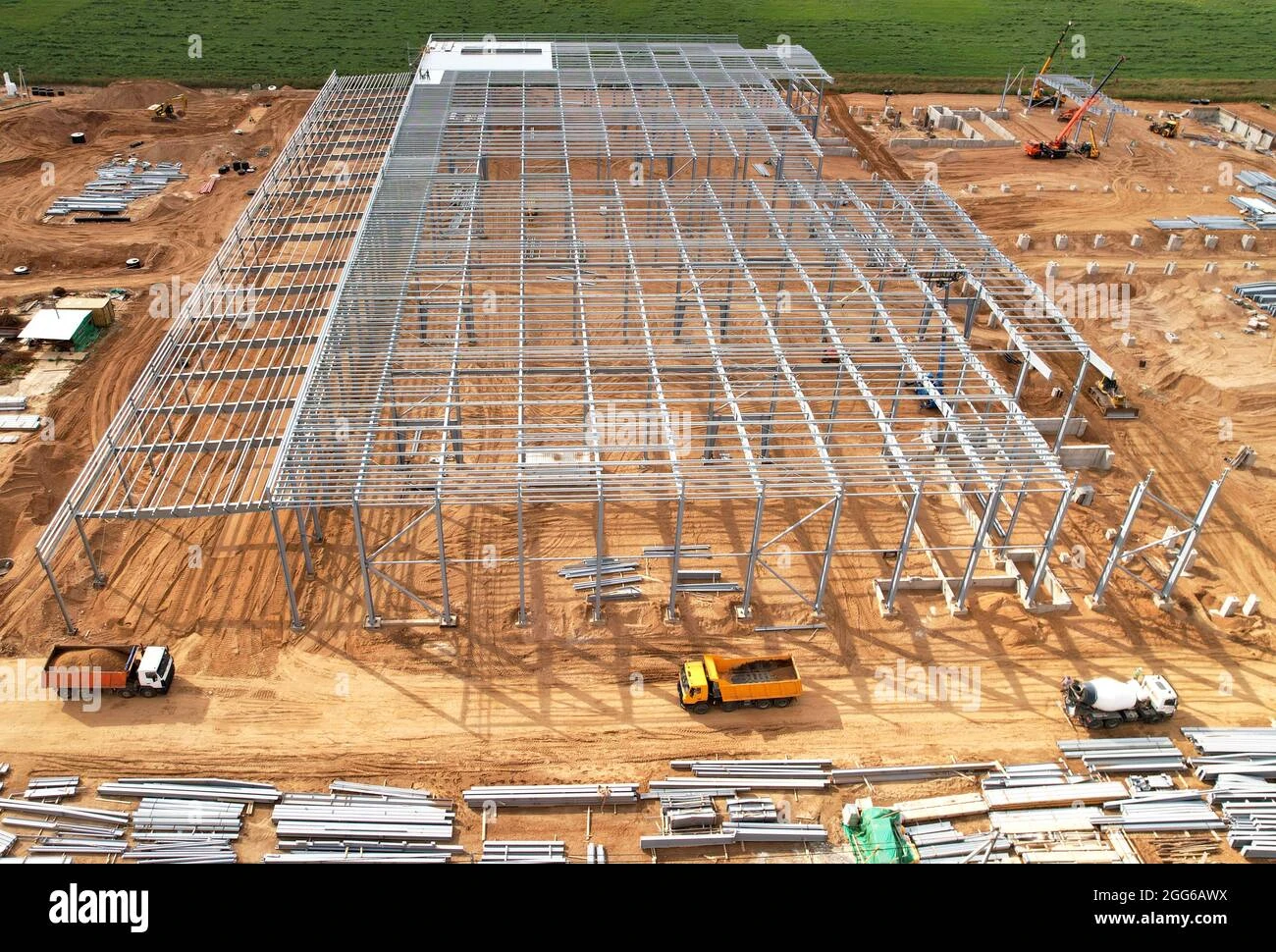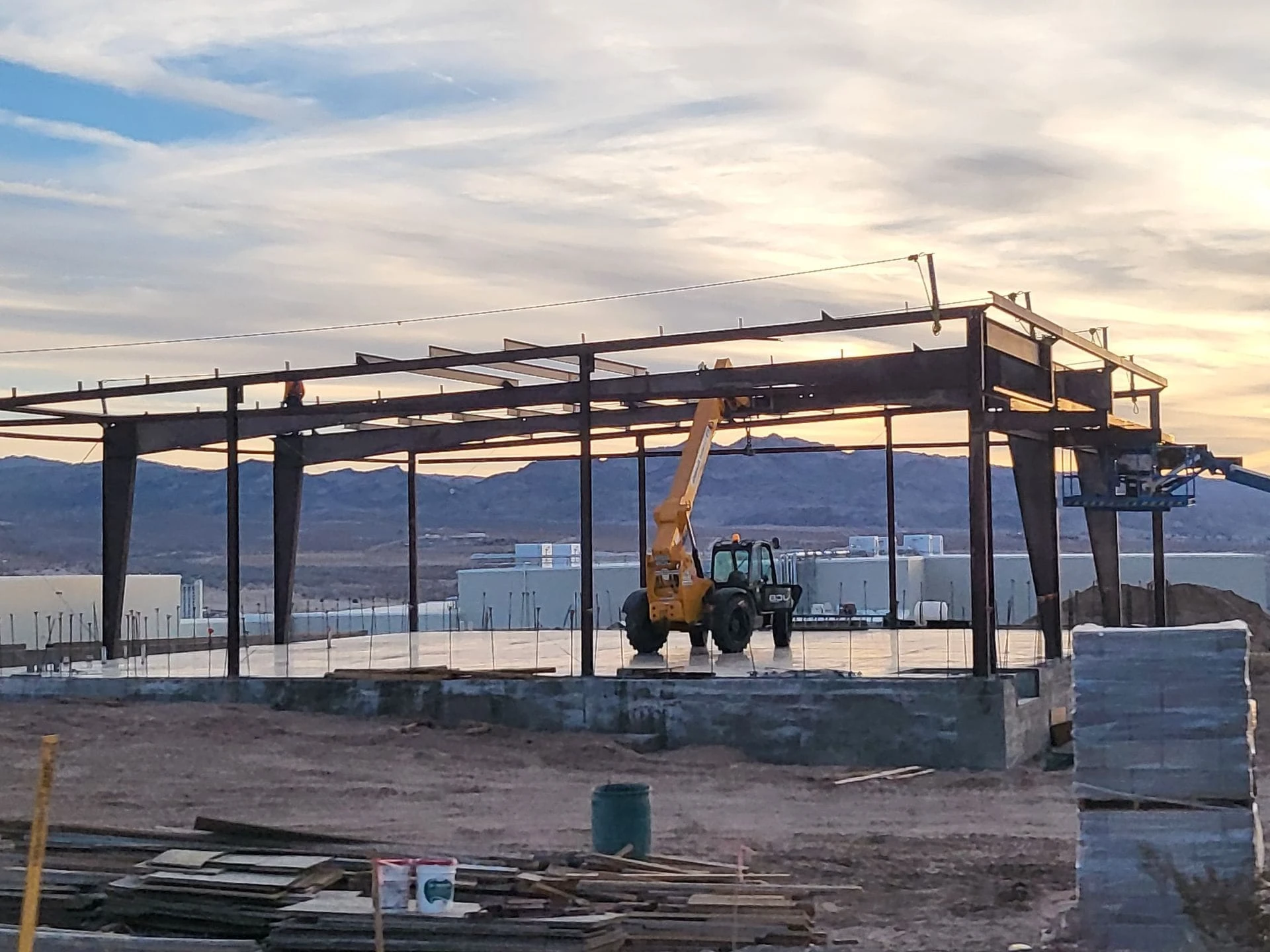- Afrikaans
- Albanian
- Amharic
- Arabic
- Armenian
- Azerbaijani
- Basque
- Belarusian
- Bengali
- Bosnian
- Bulgarian
- Catalan
- Cebuano
- Corsican
- Croatian
- Czech
- Danish
- Dutch
- English
- Esperanto
- Estonian
- Finnish
- French
- Frisian
- Galician
- Georgian
- German
- Greek
- Gujarati
- Haitian Creole
- hausa
- hawaiian
- Hebrew
- Hindi
- Miao
- Hungarian
- Icelandic
- igbo
- Indonesian
- irish
- Italian
- Japanese
- Javanese
- Kannada
- kazakh
- Khmer
- Rwandese
- Korean
- Kurdish
- Kyrgyz
- Lao
- Latin
- Latvian
- Lithuanian
- Luxembourgish
- Macedonian
- Malgashi
- Malay
- Malayalam
- Maltese
- Maori
- Marathi
- Mongolian
- Myanmar
- Nepali
- Norwegian
- Norwegian
- Occitan
- Pashto
- Persian
- Polish
- Portuguese
- Punjabi
- Romanian
- Russian
- Samoan
- Scottish Gaelic
- Serbian
- Sesotho
- Shona
- Sindhi
- Sinhala
- Slovak
- Slovenian
- Somali
- Spanish
- Sundanese
- Swahili
- Swedish
- Tagalog
- Tajik
- Tamil
- Tatar
- Telugu
- Thai
- Turkish
- Turkmen
- Ukrainian
- Urdu
- Uighur
- Uzbek
- Vietnamese
- Welsh
- Bantu
- Yiddish
- Yoruba
- Zulu
Říj . 13, 2024 21:25 Back to list
Industrial Shed Design Key Considerations and Best Practices
Industrial sheds are an essential part of many businesses, serving as storage facilities, manufacturing units, or workshops. Their design is crucial for maximizing functionality while maintaining cost-effectiveness and durability. In this article, we will explore the key considerations and best practices for designing an effective industrial shed.
1. Defining Purpose and Functionality
The first step in designing an industrial shed is to clearly define its purpose. Will it be used for storage, manufacturing, or assembly? The intended use will significantly influence the design elements, such as layout, size, and equipment placement. For instance, if the shed is meant for warehousing, you'll need to accommodate shelving units and ensure there are sufficient loading and unloading areas. Conversely, a manufacturing facility may require specialized workstations and machinery accommodations.
2. Choosing the Right Location
Location plays a vital role in the effectiveness of an industrial shed. Factors like accessibility, proximity to suppliers and distributors, and zoning regulations must be taken into account. A well-located shed can improve logistics, reduce transportation costs, and enhance operational efficiency. Furthermore, consider site drainage, topography, and exposure to natural elements when selecting the location, as these can impact the structure's longevity and safety.
3. Structural Design and Materials
When it comes to structural design, the choice of materials is paramount. Steel is a popular choice due to its strength, durability, and fire resistance. However, wood and concrete are also viable options depending on the desired aesthetic and functional requirements. Considerations should also include insulation properties, as this can impact energy efficiency and comfort levels within the shed.
Additionally, the design should accommodate future expansions or modifications. Using modular components can facilitate easy upgrades or changes in layout, making the shed adaptable to evolving business needs.
industrial shed design

4. Maximizing Space Utilization
Effective space utilization is critical in industrial shed design. A well-planned layout maximizes operational efficiency while minimizing wasted space. Consider vertical space with the use of shelving and racking systems, ensuring that the design allows for the movement of goods and personnel without obstruction.
Incorporating multifunctional areas can also enhance space utility. For example, combining office spaces with storage or production areas can streamline workflows and reduce the required footprint.
5. Adherence to Safety Standards
Safety should never be compromised in industrial shed design. Compliance with local building codes and industry regulations is essential to ensure a safe working environment. Fire safety measures, proper ventilation, and ergonomic considerations should be prioritized in the design process. Installing sufficient lighting and emergency exits can provide a safer working environment and enhance productivity.
6. Sustainability Considerations
In today’s environmentally conscious climate, incorporating sustainable practices into industrial shed design is increasingly important. Utilize energy-efficient lighting and ventilation systems, consider renewable energy sources like solar panels, and select environmentally friendly materials. Sustainable design practices not only benefit the planet but can also lead to long-term savings on operational costs.
Conclusion
Designing an industrial shed involves multiple considerations, from functionality to safety and sustainability. By carefully planning and incorporating these best practices, businesses can create functional, efficient, and durable industrial sheds that meet their operational needs. Whether you are constructing a new facility or renovating an existing one, prioritizing these aspects will pave the way for successful operations and long-term viability.
-
Navigating the World of Steel Building Services: Who to Choose?
NewsJun.23,2025
-
How Do Steel Frame and Prefab Building Factories Shape Modern Construction?
NewsJun.23,2025
-
How Do Steel and Metal Structures Shape Modern Industrial Spaces?
NewsJun.23,2025
-
How Do Prefab Buildings of Various Sizes Meet Modern Construction Needs?
NewsJun.23,2025
-
How Do Factory Buildings and Metal Structures Redefine Industrial Infrastructure?
NewsJun.23,2025
-
Exploring Key Aspects of Industrial Building Development: What You Need to Know?
NewsJun.23,2025
Products categories
Our Latest News
We have a professional design team and an excellent production and construction team.











